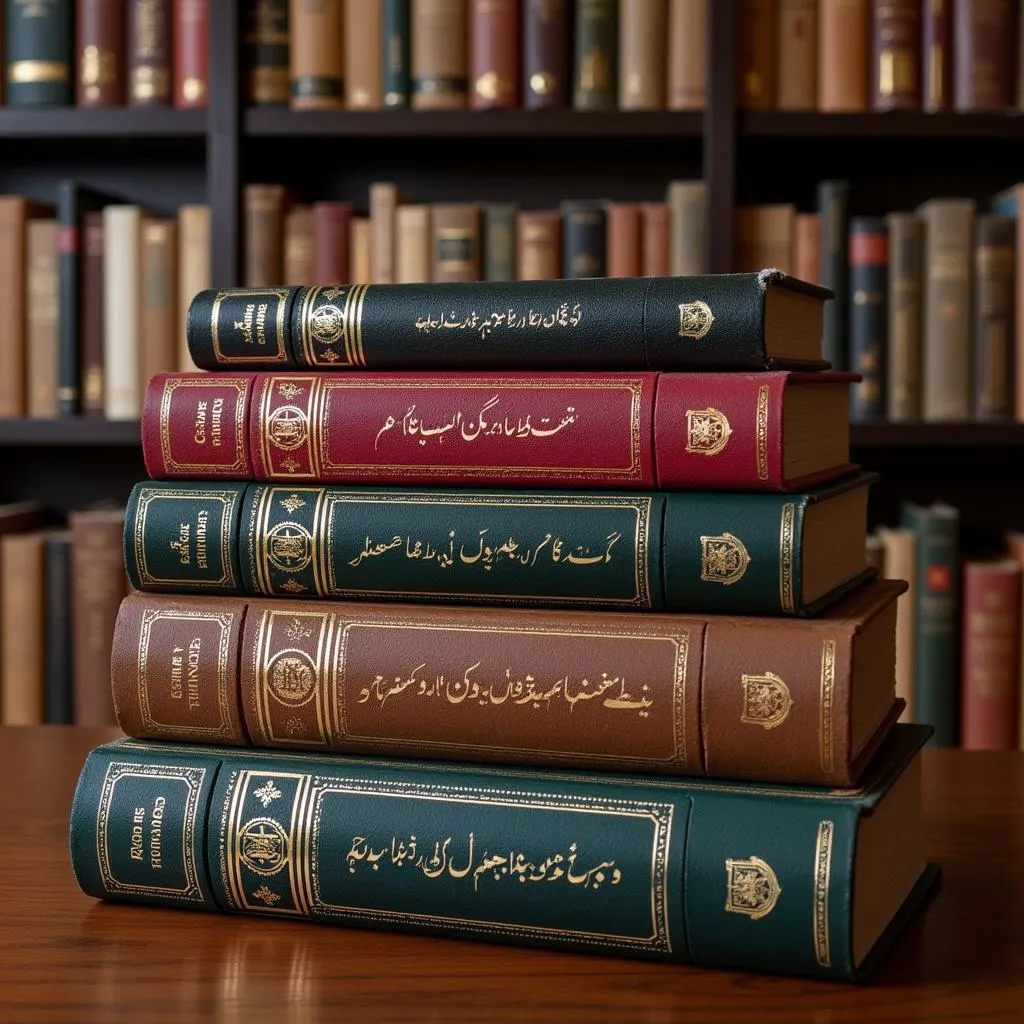Public interest litigation (PIL) has emerged as a powerful tool for social justice and change in Pakistan. Rooted in the principle of access to justice for all, PIL allows citizens to approach the courts on behalf of marginalized and disadvantaged groups whose rights have been violated. This article delves into the significance, evolution, landmark cases, challenges, and future prospects of Public Interest Litigation In Pakistan.
Understanding Public Interest Litigation
Unlike traditional litigation, where the plaintiff seeks redressal for personal grievances, PIL champions the cause of the public good. It transcends individual interests to address broader societal concerns, such as environmental protection, human rights violations, and access to essential services.
 Public Interest Litigation in Pakistan
Public Interest Litigation in Pakistan
Evolution of PIL in Pakistan
The roots of PIL in Pakistan can be traced back to the 1980s, inspired by the judicial activism witnessed in India. Justice Bhagwan Das of the Sindh High Court is credited with pioneering this concept in the landmark case of Shehla Zia v. WAPDA. This case, concerning the electrocution of a young girl due to negligence, established the precedent for PIL, allowing citizens to raise issues affecting the public at large.
Landmark PIL Cases in Pakistan
Over the years, PIL has played a pivotal role in addressing critical issues and bringing about meaningful reforms in Pakistan. Some notable cases include:
- Asma Jilani v. Government of Punjab (1972): This landmark case established the supremacy of the Constitution and laid the foundation for judicial review in Pakistan.
- Shehla Zia v. WAPDA (1988): This case marked the formal introduction of PIL in Pakistan, highlighting the responsibility of public authorities to ensure public safety.
- Air Pollution Case (1990s): This series of PILs led to the establishment of the Environmental Protection Agency (EPA) and the introduction of CNG as a cleaner fuel in Pakistan.
- Spreading of HIV/AIDS Case (2003): This PIL brought to light the plight of HIV/AIDS patients and led to the formulation of a national policy for the prevention and control of the disease.
These cases demonstrate the transformative potential of PIL in upholding fundamental rights, promoting accountability, and fostering social change.
Challenges and Criticisms
Despite its significant contributions, PIL in Pakistan faces certain challenges:
- Frivolous Litigation: The ease of filing PILs has led to an increase in frivolous cases, burdening the judiciary and diverting resources from genuine concerns.
- Lack of Awareness: Many citizens, especially those in marginalized communities, remain unaware of their rights and the availability of PIL as a legal remedy.
- Influence of Vested Interests: Powerful individuals and groups often try to manipulate the PIL system to serve their own agendas, hindering genuine public interest litigation.
 Navigating Legal Complexities in Pakistan
Navigating Legal Complexities in Pakistan
The Future of PIL in Pakistan
To enhance the effectiveness of PIL and overcome existing challenges, several measures can be taken:
- Raising Public Awareness: Educating citizens about their rights, the PIL process, and the significance of their participation is crucial.
- Strengthening Legal Aid: Providing free and accessible legal aid to marginalized communities can empower them to seek justice through PIL.
- Judicial Reforms: Streamlining court procedures, establishing specialized benches for PIL cases, and ensuring timely disposal can enhance the efficiency of the system.
Conclusion
Public interest litigation in Pakistan stands as a testament to the power of the judiciary in safeguarding the rights of the vulnerable and holding the powerful accountable. While challenges remain, the continuous evolution and increasing awareness surrounding PIL offer hope for a more just and equitable society in Pakistan. As citizens become more informed and empowered, PIL can truly become a catalyst for positive change, ensuring that the voices of the marginalized are heard and their rights are protected.
FAQ
1. What is the difference between PIL and traditional litigation?
Traditional litigation involves individuals seeking personal remedies for private wrongs, while PIL addresses issues of wider public concern, impacting the rights of a group or the community as a whole.
2. Who can file a PIL in Pakistan?
Any citizen or organization can file a PIL on behalf of those whose rights have been violated, even if they are not directly affected.
3. What are the remedies available in a PIL case?
The court can issue a variety of remedies, including injunctions, directives to the government, compensation for victims, and policy reforms.
4. What are the challenges faced by PIL in Pakistan?
Challenges include frivolous litigation, lack of awareness among the public, and influence from vested interests.
5. How can I contribute to strengthening PIL in Pakistan?
You can spread awareness about PIL, support legal aid organizations, and engage in advocacy efforts for judicial reforms.
Need Assistance?
For any legal advice or support regarding public interest litigation, feel free to reach out to us:
Phone: +923337849799
Email: news.pakit@gmail.com
Address: Dera Ghazi Khan Rd, Rakhni, Barkhan, Balochistan, Pakistan.
Our dedicated team is available 24/7 to assist you.